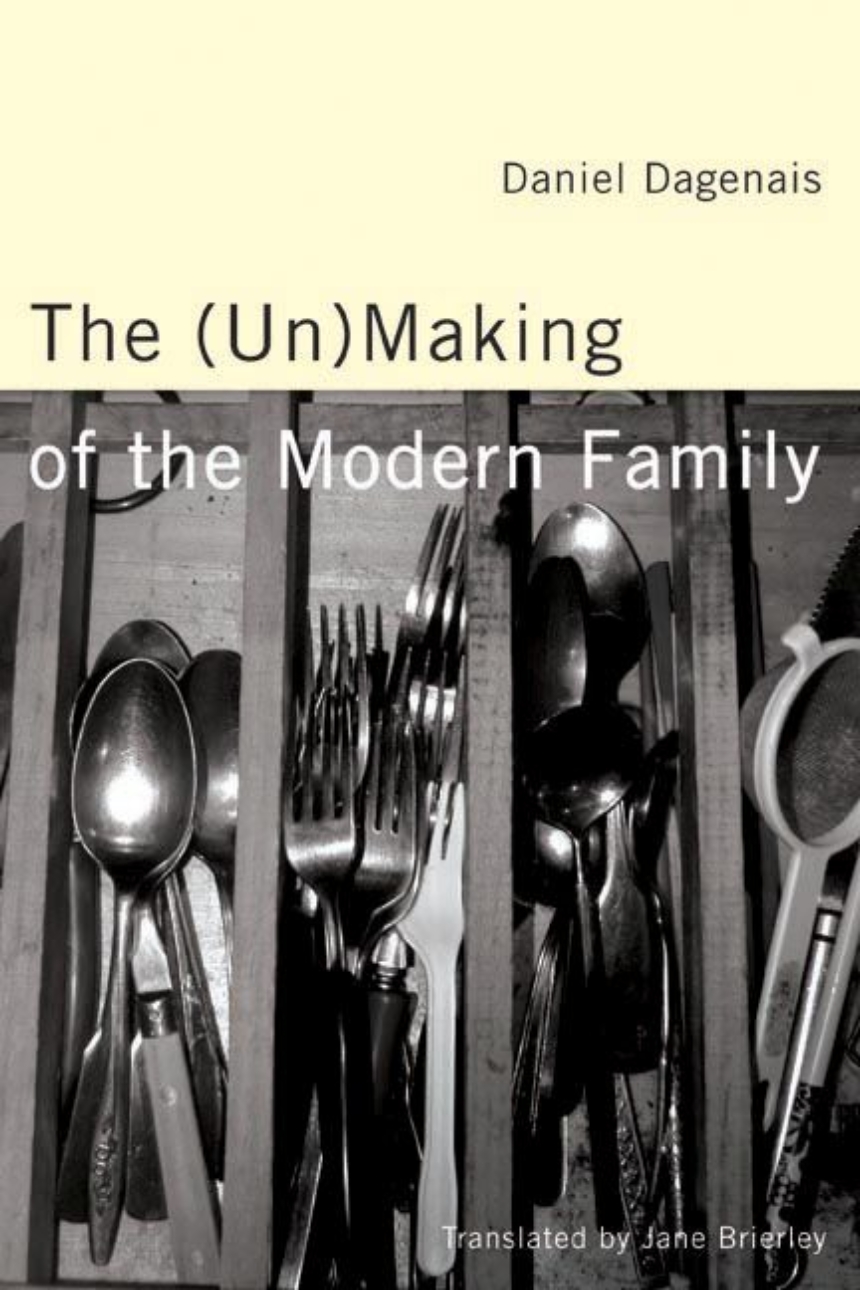University of British Columbia Press
The (Un)Making of the Modern Family
Distributed for University of British Columbia Press
The (Un)Making of the Modern Family
This book is neither an indictment of the new family nor a rallying cry. It is a classical exercise of family sociology that draws upon a range of disciplines – history, anthropology, psychology, and demography – to provide an interpretive model for understanding contemporary changes in the family. It explores traditional family forms in order to identify changes that gave birth to the ideal type of the modern family, and it discusses how the modern family’s constituent elements (the family as institution, conjugal and parent-child relationships, and gender and sexuality) relate to modernity’s central feature – the concept of the individual. By reconstructing an archetype of the modern family, this book explains why individuals have experienced its deconstruction as a profound identity crisis.
Table of Contents
Acknowledgments
Introduction
1 The Ideal Type of the Modern Family
2 Family Ties: The Domain of Kinship
3 The Question of Private and Public Spheres
4 The Parental Role
5 Gender, Gender Differences, and Sexuality
6 The Conjugal Relationship
7 The French-Canadian Family
8 Contemporary Changes in the Family: What Do They Mean?
Epilogue
Afterword
Notes
References
Index

